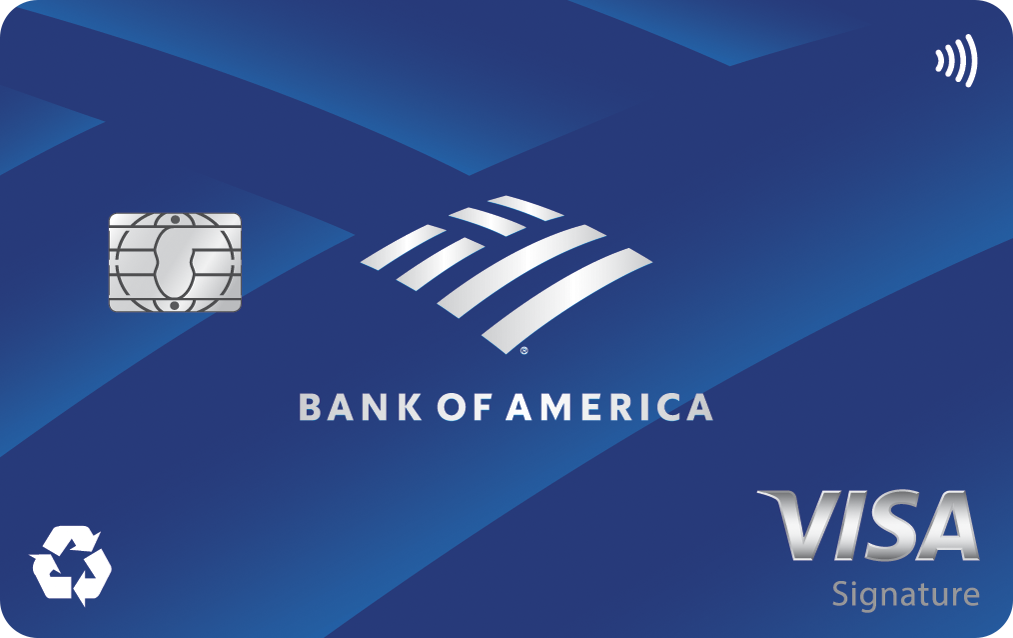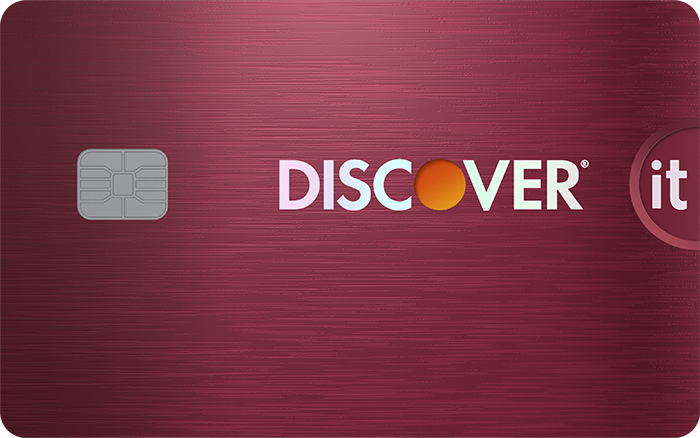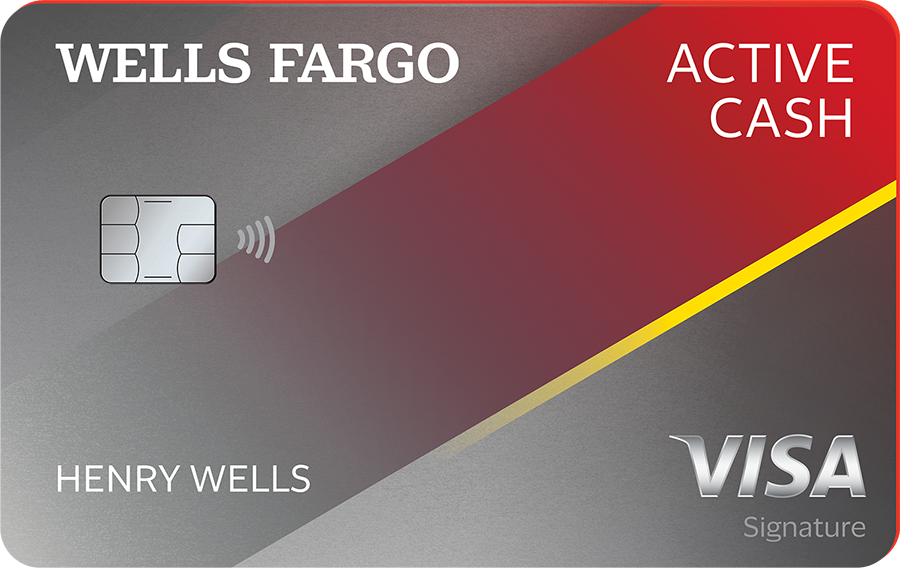A credit card with car rental insurance can be a great money saver, not least because you can confidently waive the car rental agency's coverage. You may even be able to avoid claiming on your auto insurance policy and paying a deductible.
Find out how to know if your credit card covers car rental insurance and how to make sure you're eligible.
What does credit card rental car insurance cover?
If your credit card offers car rental insurance, the coverage will vary depending on the card and issuer. Have a look at your card benefits guide or call the credit company to find out exactly what coverage you're entitled to.
Most credit card car rental insurance will provide what's known as a collision damage waiver (CDW) or loss damage waiver (LDW). According to Experian, credit card car rental insurance policies will often cover:
- Damage to the vehicle: In case of an accident
- Theft: In case the rental is stolen
- Towing charges: To take the car to a repair shop
- Loss of use: Any income the rental company loses while the car is being repaired
Credit card comparison
We recommend comparing options to ensure the card you're selecting is the best fit for you. To make your search easier, here's a short list of standout credit cards.
| Offer | Our Rating | Welcome Offer | Rewards Program | APR | Learn More |
|---|---|---|---|---|---|
|
Rating image, 5.00 out of 5 stars.
5.00/5
Our ratings are based on a 5 star scale.
5 stars equals Best.
4 stars equals Excellent.
3 stars equals Good.
2 stars equals Fair.
1 star equals Poor.
We want your money to work harder for you. Which is why our ratings are biased toward offers that deliver versatility while cutting out-of-pocket costs.
|
Discover will match all the cash back you’ve earned at the end of your first year. | 1% - 5% Cashback Earn 5% cash back on everyday purchases at different places you shop each quarter like grocery stores, restaurants, gas stations, and more, up to the quarterly maximum when you activate. Plus, earn unlimited 1% cash back on all other purchases. |
Intro: Purchases: 0%, 15 months Balance Transfers: 0%, 15 months Regular: 18.49% - 27.49% Variable APR *Rates as of December 12, 2024. |
||
|
Rating image, 5.00 out of 5 stars.
5.00/5
Our ratings are based on a 5 star scale.
5 stars equals Best.
4 stars equals Excellent.
3 stars equals Good.
2 stars equals Fair.
1 star equals Poor.
We want your money to work harder for you. Which is why our ratings are biased toward offers that deliver versatility while cutting out-of-pocket costs.
|
$200 cash rewards Earn a $200 cash rewards bonus after spending $500 in purchases in the first 3 months. | 2% cash rewards Earn unlimited 2% cash rewards on purchases. |
Intro: 0% intro APR for 12 months from account opening on purchases and qualifying balance transfers Purchases: 0% intro APR, 12 months from account opening Balance Transfers: 0% intro APR, 12 months from account opening on qualifying balance transfers Regular: 19.24%, 24.24%, or 29.24% Variable APR |
||

Apply Now for Bank of America® Travel Rewards credit card
On Bank of America's Secure Website. |
Rating image, 4.00 out of 5 stars.
4.00/5
Our ratings are based on a 5 star scale.
5 stars equals Best.
4 stars equals Excellent.
3 stars equals Good.
2 stars equals Fair.
1 star equals Poor.
We want your money to work harder for you. Which is why our ratings are biased toward offers that deliver versatility while cutting out-of-pocket costs.
|
25,000 points 25,000 online bonus points after you make at least $1,000 in purchases in the first 90 days of account opening - that can be a $250 statement credit toward travel purchases | 1.5 points per dollar Earn unlimited 1.5 points per $1 spent on all purchases, with no annual fee and no foreign transaction fees, and your points don't expire as long as your account remains open. |
Intro: 0% Intro APR for 15 billing cycles for purchases. 0% Intro APR for 15 billing cycles for any balance transfers made in the first 60 days. After the intro APR offer ends, 18.49% - 28.49% Variable APR on purchases and balance transfers will apply. A 3% fee for 60 days from account opening, then 4% fee applies to all balance transfers. Purchases: 0% Intro APR for 15 billing cycles for purchases Balance Transfers: 0% Intro APR for 15 billing cycles for any balance transfers made in the first 60 days Regular: 18.49% - 28.49% (Variable) |
Apply Now for Bank of America® Travel Rewards credit card
On Bank of America's Secure Website. |
What does credit card rental car insurance not cover?
Credit card rental insurance policies usually do not cover:
- Liability: Expenses related to hurting someone or damaging their property
- Personal accident: Expenses if you are hurt
- Personal effects: Any of your belongings that get damaged or lost
TIP
To qualify for coverage, you'll need to use your credit card to pay for the car rental. You will also need to decline the insurance offered at the car rental counter. Be aware that credit card car rental insurance policies are often secondary policies, which means they will only apply after you've filed with your primary insurer, and they often only cover certain types of vehicles.
Secondary vs. primary coverage
There's a big difference between primary and secondary coverage. The easiest way to understand it is that primary coverage applies first, and secondary coverage fills in the gaps afterward.
If you already have a car, your existing auto insurance will almost certainly be the primary insurance on your rental. Many -- but not all -- credit card car rental policies are secondary, which means they kick in after you've claimed on your existing policy. That can impact your premium further down the line.
Check to see whether your credit card rental car insurance is primary or secondary.
Primary insurance
If your credit card gives primary coverage, you can claim directly, without going through your auto insurance company. You won't have to pay a deductible and the claim won't impact your insurance costs. Premium travel credit cards and business credit cards are more likely to carry primary rental car insurance.
Secondary insurance
If the coverage is secondary, you'll have to file two claims -- one with your primary insurer and one with the credit card company's partner insurer. If you have to pay a deductible, your credit card's collision damage waiver might reimburse you. If you don't have primary insurance, the secondary will usually cover you completely.
Just double-check, rather than risk accidentally driving without insurance.
How to find out if your credit card offers rental car insurance
The best way to find out about your credit card's rental car insurance benefits is to log in to your account online and look for a "Benefits" link on the menu. You can also call the number on the back of your card. Credit card benefits change now and then.
Before you rely on your credit card for coverage, be sure to confirm that the benefit is still being offered.
Many of the best credit cards offer car rental insurance. You can find more information on each issuer here:
- Chase Freedom Cards Rental Car Insurance
- Chase Sapphire Cards Rental Car Insurance
- American Express Cards Rental Car Insurance
Do I need rental car insurance?
If you're wondering if you need rental car insurance, the answer is often no. In many cases, rental car insurance is a waste of money because you will already be covered through other policies. Paying twice for the same coverage doesn't give you extra cash if you need to file a claim.
Your car insurance policy may cover you
An auto insurance policy will often extend the same coverage to a rental car. Some policies include free collision damage waiver coverage. Check with your insurer to find out what you have and what the limitations might be. For example, if you are traveling outside the U.S., your policy may not apply.
Your homeowners insurance may cover you
If your possessions are stolen from your rental, the losses may be covered by homeowners or renters insurance. Similarly, if you have personal injury protection insurance, you may not need to pay more to the rental company.
Your credit card may cover you
If your credit card perks include rental insurance, the CDW (collision damage waiver) will replace a lot of what the rental company might offer.
The cost of car rentals can add up. Turning down the car rental insurance policy is a great way to save money. For peace of mind, check your credit card and insurance documents so you know exactly what's covered and who you'll call if there's an accident.
Don't you wish you could take a peek inside a credit card expert's wallet sometimes? Just to see the cards they carry? Well, you can't look in anybody's wallet, but you can check out our experts' favorite credit cards. Get started here:
-
Article sources
FAQs
-
No. Car rental insurance is a perk offered by certain card issuers on some cards. When comparing credit card perks, look for a card that offers primary rather than secondary rental car insurance.
-
Credit card rental car insurance will sometimes cover you when you hire a car abroad. Make sure you check which countries are eligible and how many days the coverage applies. This can be a useful perk if you're traveling abroad, because your U.S. auto insurance is unlikely to cover you.
We're firm believers in the Golden Rule, which is why editorial opinions are ours alone and have not been previously reviewed, approved, or endorsed by included advertisers. Motley Fool Money does not cover all offers on the market. Motley Fool Money is 100% owned and operated by The Motley Fool. Our knowledgeable team of personal finance editors and analysts are employed by The Motley Fool and held to the same set of publishing standards and editorial integrity while maintaining professional separation from the analysts and editors on other Motley Fool brands.
The Motley Fool owns shares of and recommends Visa.

